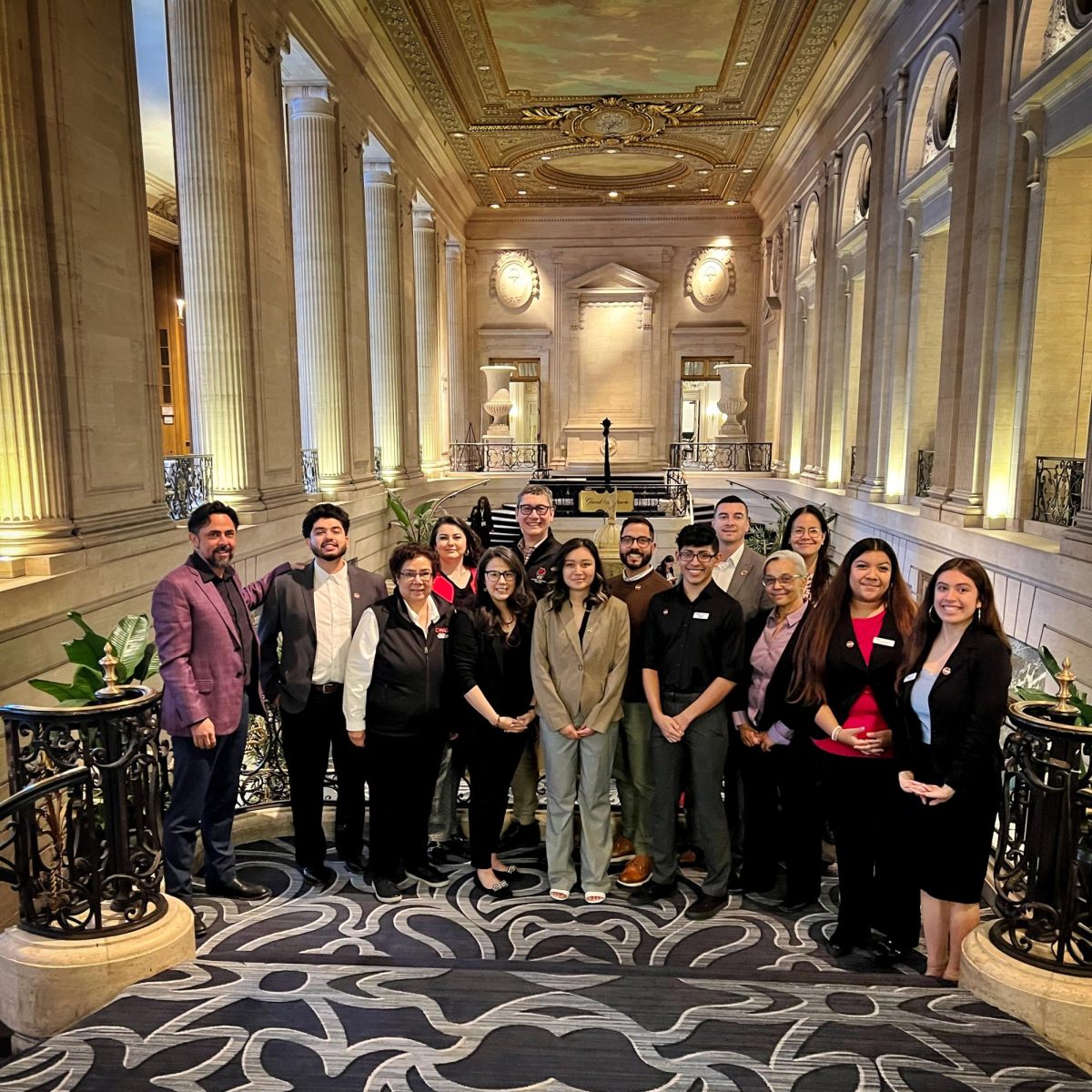By EVAN PAPPAS, staff reporter
Tons and tons of recycling and trash are produced by Central every year, but while quite a lot of waste is properly recycled, there is so much more that could be done.
Steve Johnson, facilities manager for University Housing, said Central has an infrastructure in place to handle two to three times the recycling it currently does, but getting students to recycle is tough.
“We always support any student that’s doing recycling programs,” Johnson said. “We do what we can for them. We are always there, but the enthusiasm doesn’t seem to be as good as it should be.”
According to Johnson, about 10 percent of students are true recyclers. Johnson said when a recycling program is done in a hall, recycling goes way up, but quickly drops off again once the program is over.
Last year, housing recycled 35,000 pounds of cardboard, 10,000 pounds of aluminum, 25,000 pounds of paper, 14,000 pounds of plastic, and 46,000 pounds of glass. Johnson also said housing contributes about 433 tons of garbage to the landfill per year.
An item that is often overlooked as a potential recycling product is food. Food is not recycled on campus and is instead thrown away with the rest of the trash.
Dan Layman, food service director, said that because the university is not set up with any kind of composting facility, the food ends up just being thrown away.
Layman said that creating compost on campus would be a challenge, but the opportunity is there.
“That involves a whole buy-in from the campus community on where to place it, how to maintain it, who’s going to pay to maintain it, keep it stirred, keep it moving, where to put it once it’s broken down and used back up,” Layman said. “They’ve never gone that far in their whole commitment, so we don’t have a place to put it, so we, in essence, throw it away.”
Dining Services in the SURC sends about 2,600 pounds of trash to the landfill each week, he said.
“That ranges from napkins, consumer food waste, over-production waste, people who don’t care about recycling,” Layman said.
Greg Poe, manager of custodial grounds and motor pool services for Facilities Management, said one of the issues with recyclable materials here in Ellensburg is the transportation of the material to Seattle to be recycled.
“There’s nobody here really that does it, so we have to rely upon these other people,” Poe said. “On the West Side, they’ve got quite a few vendors that they can use, so geography plays a part in how much we can get done.”
The recycling of paper, plastic, aluminum, and glass is put through a community-supported system by Elmview Industries to help people with developmental disabilities. They work to sort the recycled materials and they make revenue from the actual sorting.
Poe says the partnership with Elmview has been intact since 1988 and has been beneficial for both parties involved, saving the university money and supporting Elmview with jobs.
Facilities Management is saving about $10,000 by recycling instead of paying about $100 per ton dumping the waste at a transfer station.
According to Poe, the academic buildings on campus put in about 160 tons per year to the East Wenatchee landfill.
Both Poe and Johnson agree that one of the issues is a lack of funding for the recycling program.
“One of the big problems is funding,” Poe said. “We were never funded to get this program going and it really would benefit the campus to have a person that’s really excited about doing recycling and to consolidate the efforts.”
Layman said that the level of recycling in years prior has been steady, but there needs to be more of a conscious effort to recycle.
“There’s always room to recycle more,” Layman said.





